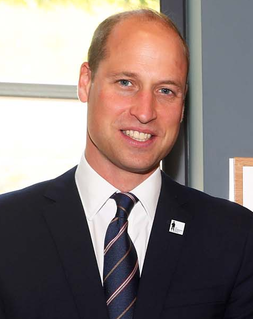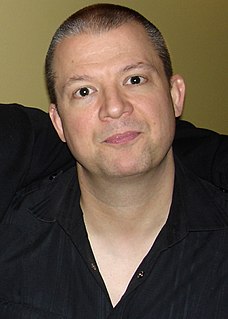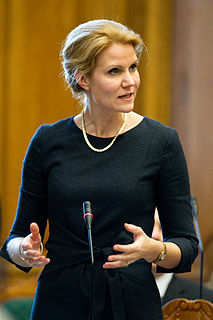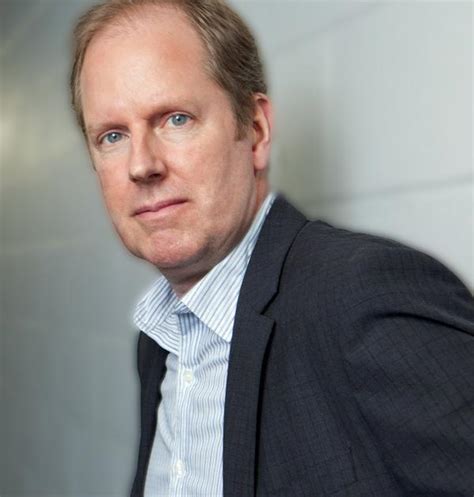A Quote by Amitava Kumar
You ask a politician a question, like, why they ran in an election, and you'll hear, I assume, something about wanting to contribute to the community or bring about social justice. I had no such high goals.
Related Quotes
And one day we must ask the question, "Why are there forty million poor people in America?" And when you begin to ask that question, you are raising questions about the economic system, about a broader distribution of wealth. When you ask that question, you begin to question the capitalistic economy.
The question is not what anybody deserves. The question is who is to take on the God-like role of deciding what everybody else deserves. You can talk about 'social justice' all you want. But what death taxes boil down to is letting politicians take money from widows and orphans to pay for goodies that they will hand out to others, in order to buy votes to get re-elected. That is not social justice or any other kind of justice.
It’s not about having a Silicon Valley attitude—it’s about having an entrepreneurial attitude. It’s about partnering with other organizations in and around your area. It’s about thinking big with entrepreneurs that sit next to you in your coworking space. It’s about collaborating with tech gurus, social media wizards and community leaders at cool business events. It’s the people that make a community an entrepreneurial one—not the location—and it’s up to you to contribute.
When I was overweight and unhappy, I thought about being smaller, I thought about fitting into different clothes and feeling comfortable in any environment or social situation. But I didn't do anything about it. I was letting myself fall victim to not planning, not clarifying steps to reach my goals. Don't go on just wanting something. Start consciously planning where you want to be.
Can we drop a little bit of the pious baloney? The fact is, you ran in '94 and lost. That's why you weren't serving in the Senate with Rick Santorum. The fact is, you had a very bad re-election rating, you dropped out of office, you had been out of state for something like 200 days preparing to run for president. You didn't have this interlude of citizenship while you thought about what you do. You were running for president while you were governor.
The question of why evil exists is not a theological question, for it assumes that it is possible to go behind the existence forced upon us as sinners. If we could answer it then we would not be sinners. We could make something else responsible...The theological question does not arise about the origin of evil but about the real overcoming of evil on the Cross; it ask for the forgiveness of guilt, for the reconciliation of the fallen world
So the main question is not, Which humans brought about the death of Jesus but, What did the death of Jesus bring about for humans - including Jews and Muslims and Buddhists and Hindus and nonreligious secularists - and all people everywhere?When it is all said and done, the most crucial question is: Why? Why did Christ suffer and die? Not why in the sense of cause, but why in the sense of purpose?






































